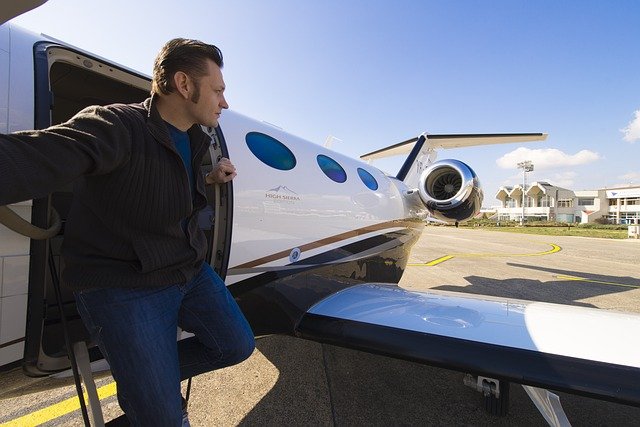Flight Attendant Jobs: Private Jet and Luxury Career Paths
Working as a flight attendant opens doors to a unique blend of travel, hospitality, and safety responsibility within aviation. Whether you’re drawn to the rhythm of commercial schedules or the tailored service of private jet and luxury travel, the role demands interpersonal skills, adaptability, and rigorous training. This article outlines what to expect, how private jet positions differ, and practical steps to build a lasting career in the skies.

What is aviation customer service like?
Aviation customer service is fast-paced and highly regulated, blending hospitality with strict safety standards. In the cabin, you’ll deliver seamless guest experiences while following checklists, communicating with pilots, and handling passenger needs. Strong communication, cultural sensitivity, and situational awareness are essential. For many, the appeal lies in creating memorable journeys — from routine short-haul hops to international flights — while maintaining a calm, professional presence under pressure.
How does a flight attendant role differ?
The core responsibilities of a flight attendant include passenger safety, in-flight service, and emergency preparedness. Duties can vary widely by employer: commercial airlines focus on consistent procedures for large passenger loads, while private jet and charter work emphasizes bespoke service and flexibility. Shifts, layovers, and schedules also differ; some roles require overnight stays and irregular hours. Regardless of setting, teamwork, clear communication, and adherence to aviation regulations are constant requirements.
Is private jet service different from airlines?
Private jet service often centers on personalized hospitality for small groups, high-net-worth clients, or corporate travelers. Crews may coordinate bespoke menus, attend to specific privacy requirements, and adapt service levels to match a luxury standard. Operationally, private jet assignments can involve flexible departure times, variable trip lengths, and a smaller team, requiring attendants to be more self-sufficient. Employers range from charter operators to fractional ownership firms and dedicated corporate flight departments.
What defines luxury inflight experience?
Luxury inflight experiences combine premium amenities with meticulous attention to detail. This may include gourmet catering, curated beverage selections, personalized cabin arrangements, and discreet, attentive service. Luxury standards also extend to presentation, language skills, and anticipating guest preferences. Flight attendants in this sector often receive additional training in fine dining service, etiquette, and privacy protocols to meet the elevated expectations of private jet and VIP clientele.
How to build a long-term flight attendant career?
Building a sustainable career starts with formal training, strong foundational skills, and strategic networking. Gain experience in customer service or hospitality, obtain required certifications for your region, and consider entry-level roles with regional carriers to develop time-on-wing. Progression can lead to lead cabin crew, purser, training instructor, or roles in inflight services and ground operations. Continuous professional development — language skills, safety recertification, and leadership training — enhances upward mobility in aviation.
What skills and training for aviation careers?
Essential skills include excellent communication, conflict resolution, emergency response, and cultural awareness. Training typically covers safety procedures, first aid/CPR, evacuation drills, and regulatory compliance; requirements vary by country and operator. For private jet and luxury roles, additional hospitality-focused training — fine dining service, wine knowledge, and guest discretion — can be valuable. Employers may also look for adaptable scheduling availability, security awareness, and proficiency with digital rostering and inflight service systems. Seek local services or training providers to compare certification programs in your area.
Conclusion
Flight attendant jobs span a wide spectrum from commercial aviation to private jet and luxury travel, each offering distinct experiences and expectations. Success in this field depends on a blend of safety-focused training, hospitality skills, and adaptability to different service environments. By investing in the right certifications and building versatile customer service capabilities, aspiring attendants can craft a rewarding, globe-spanning career in aviation.






